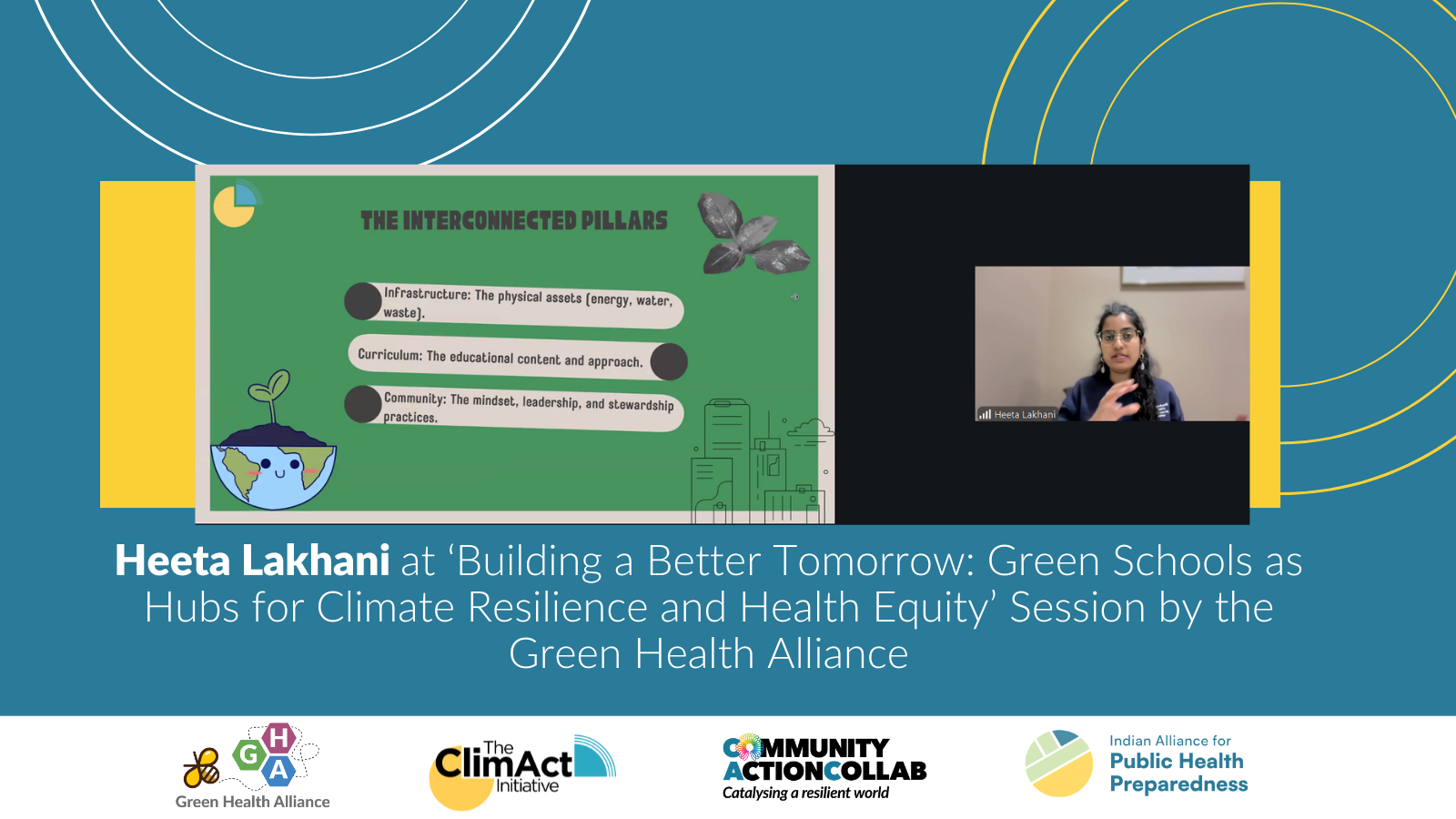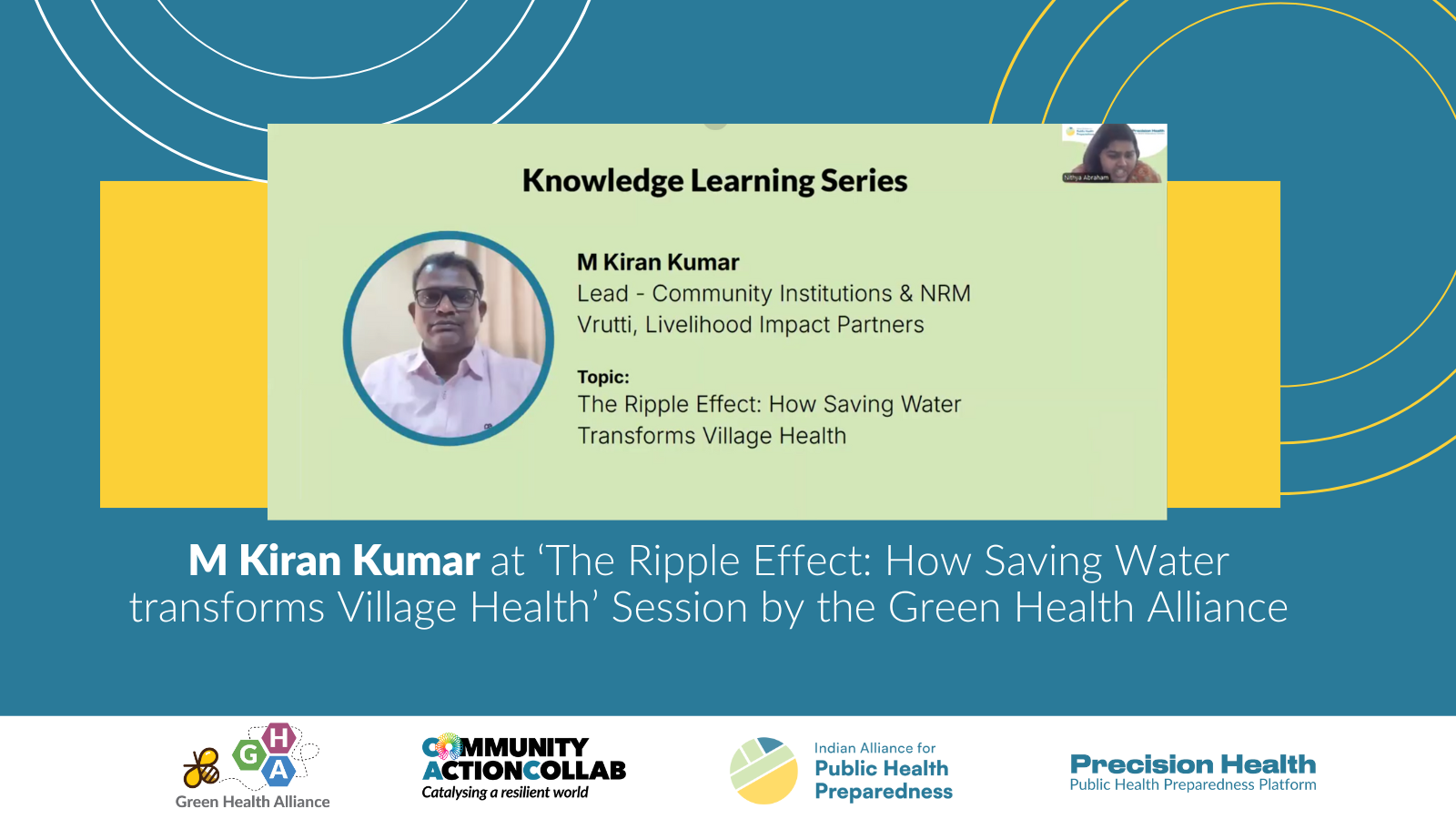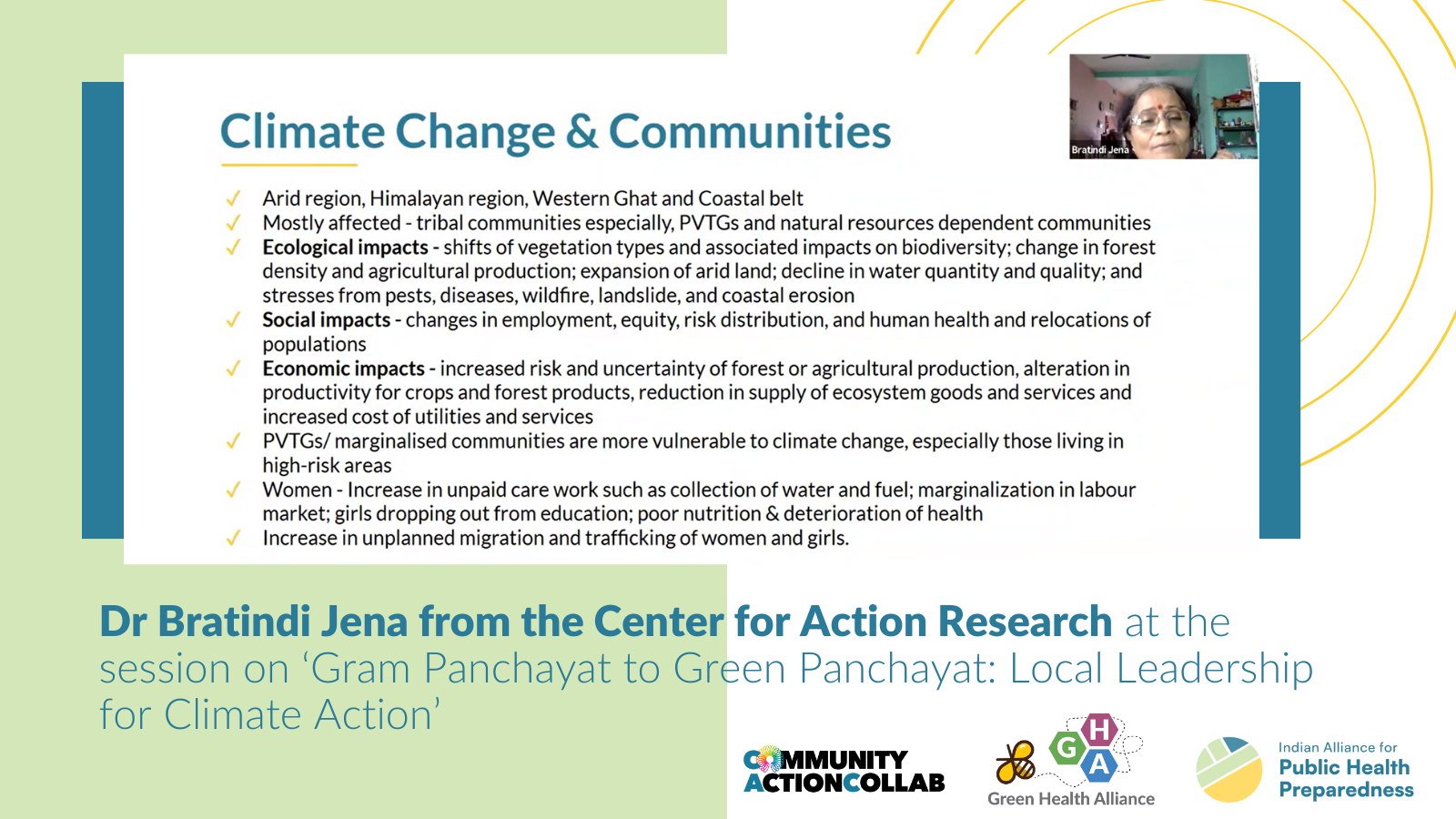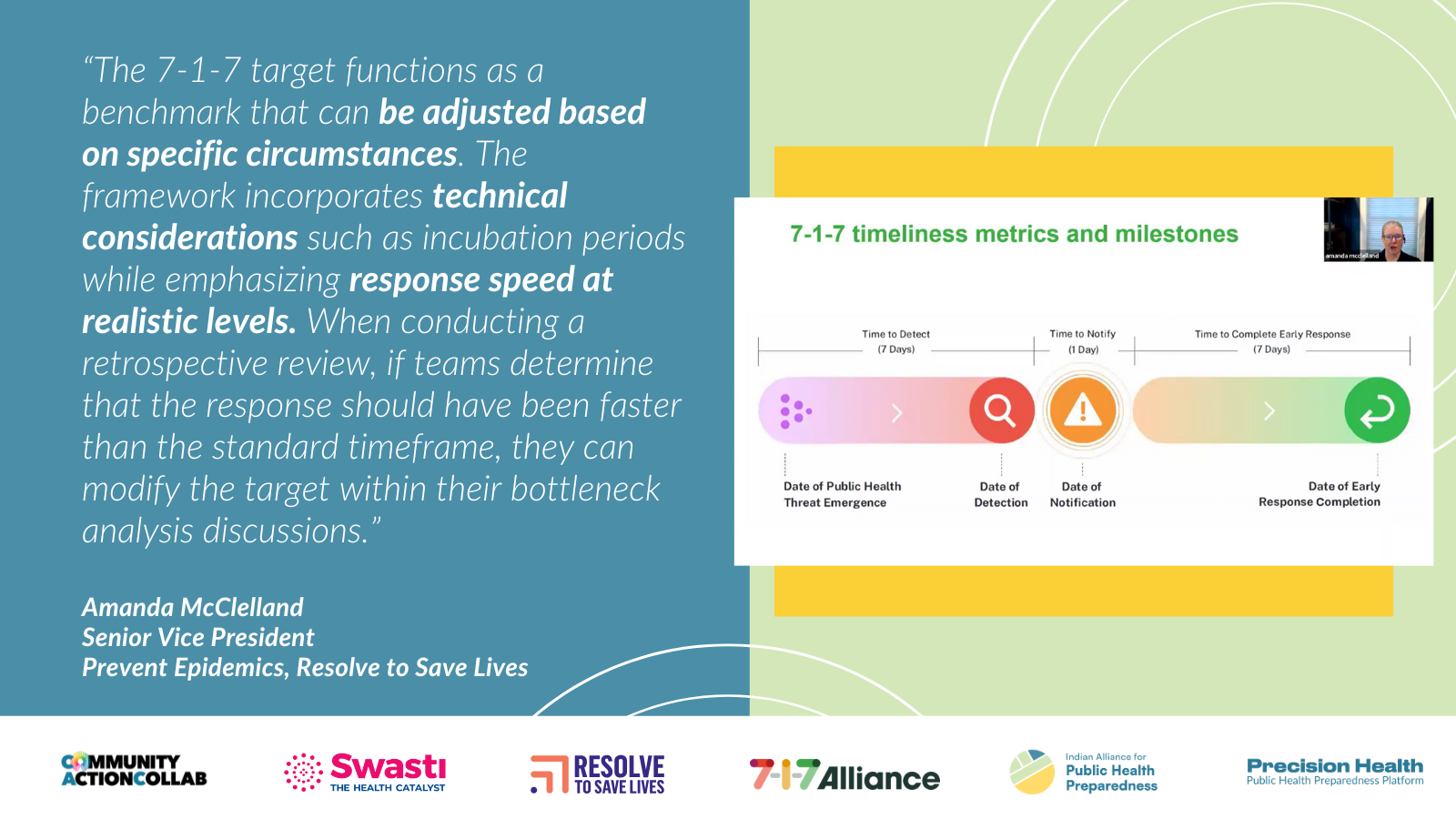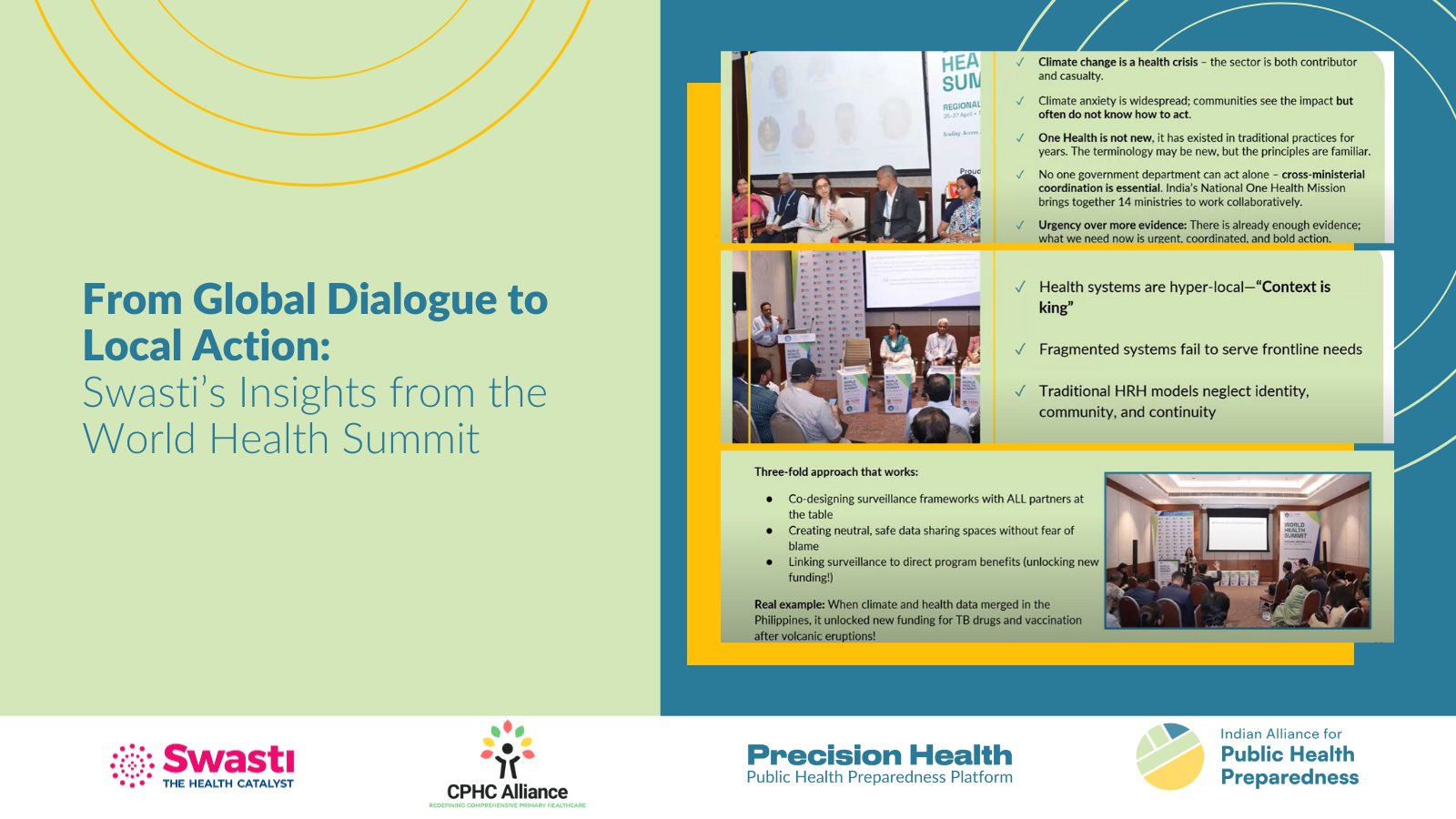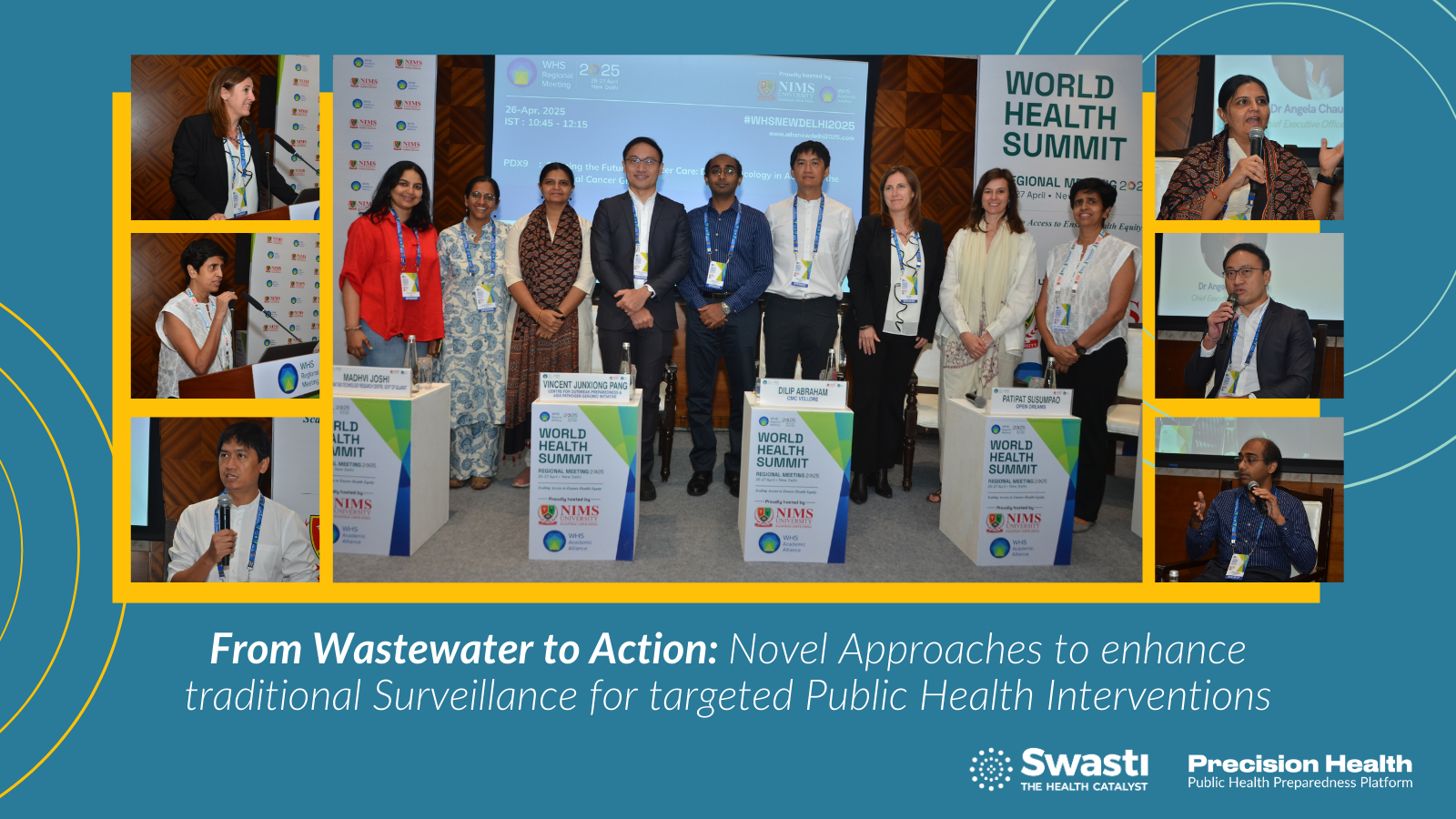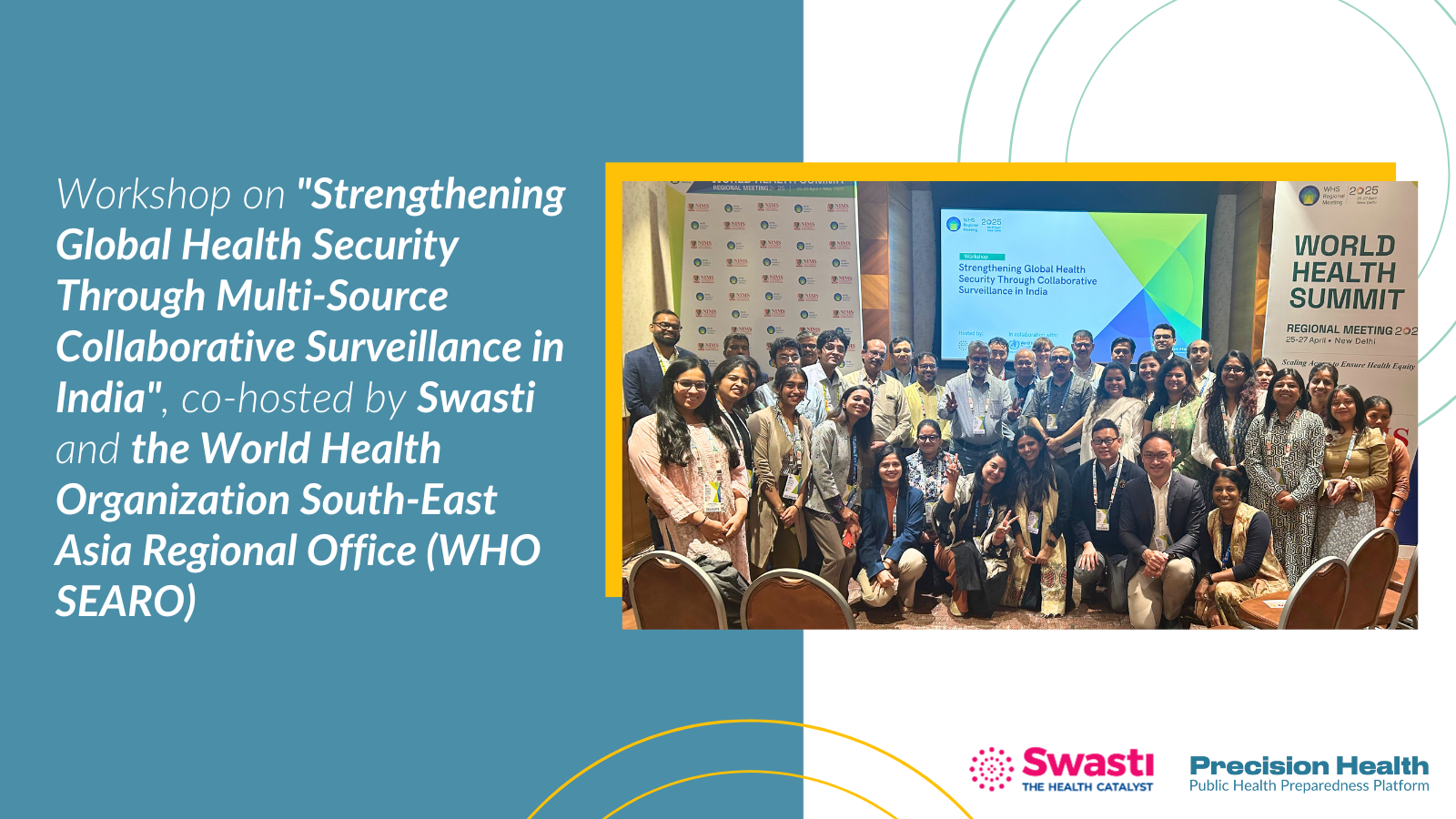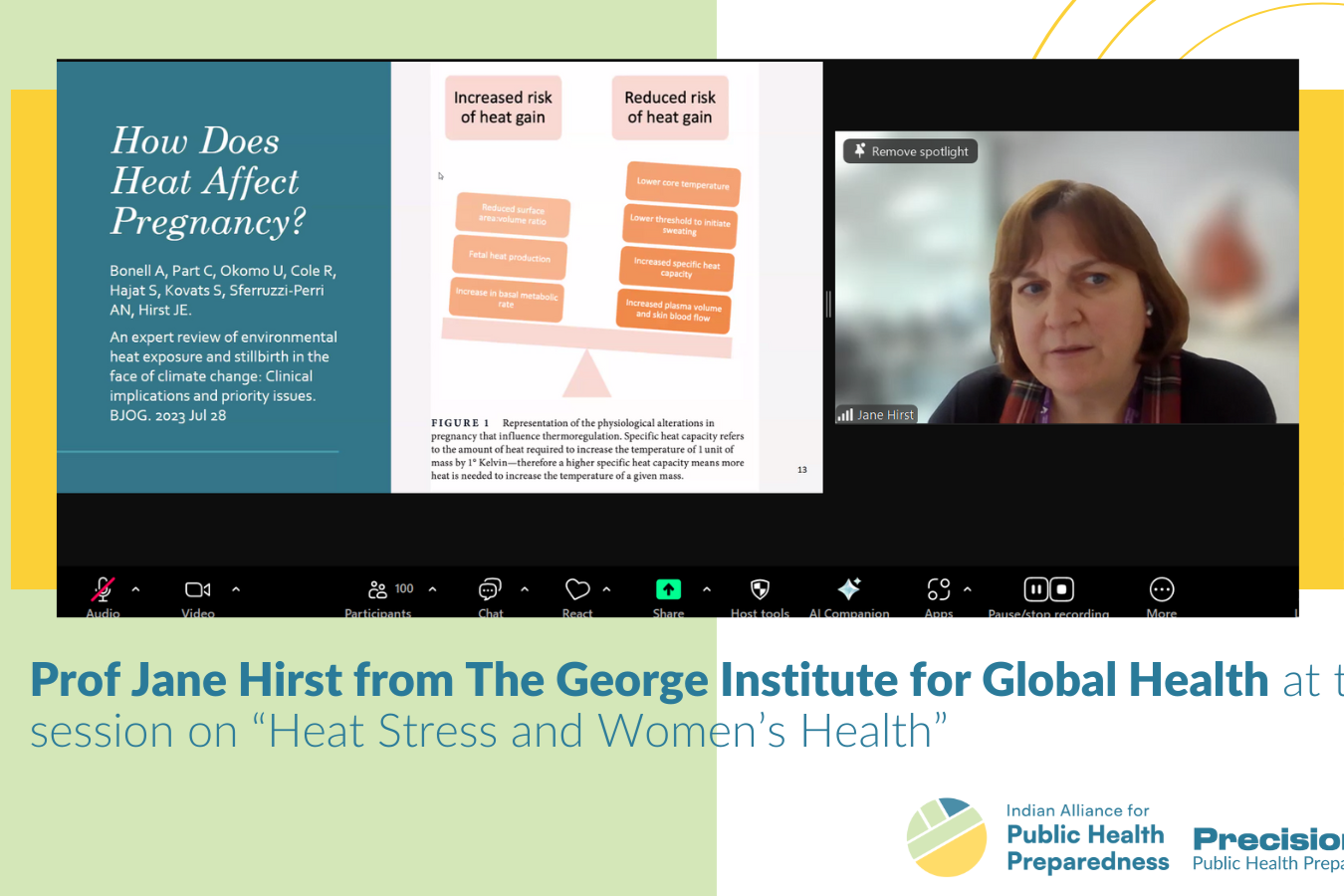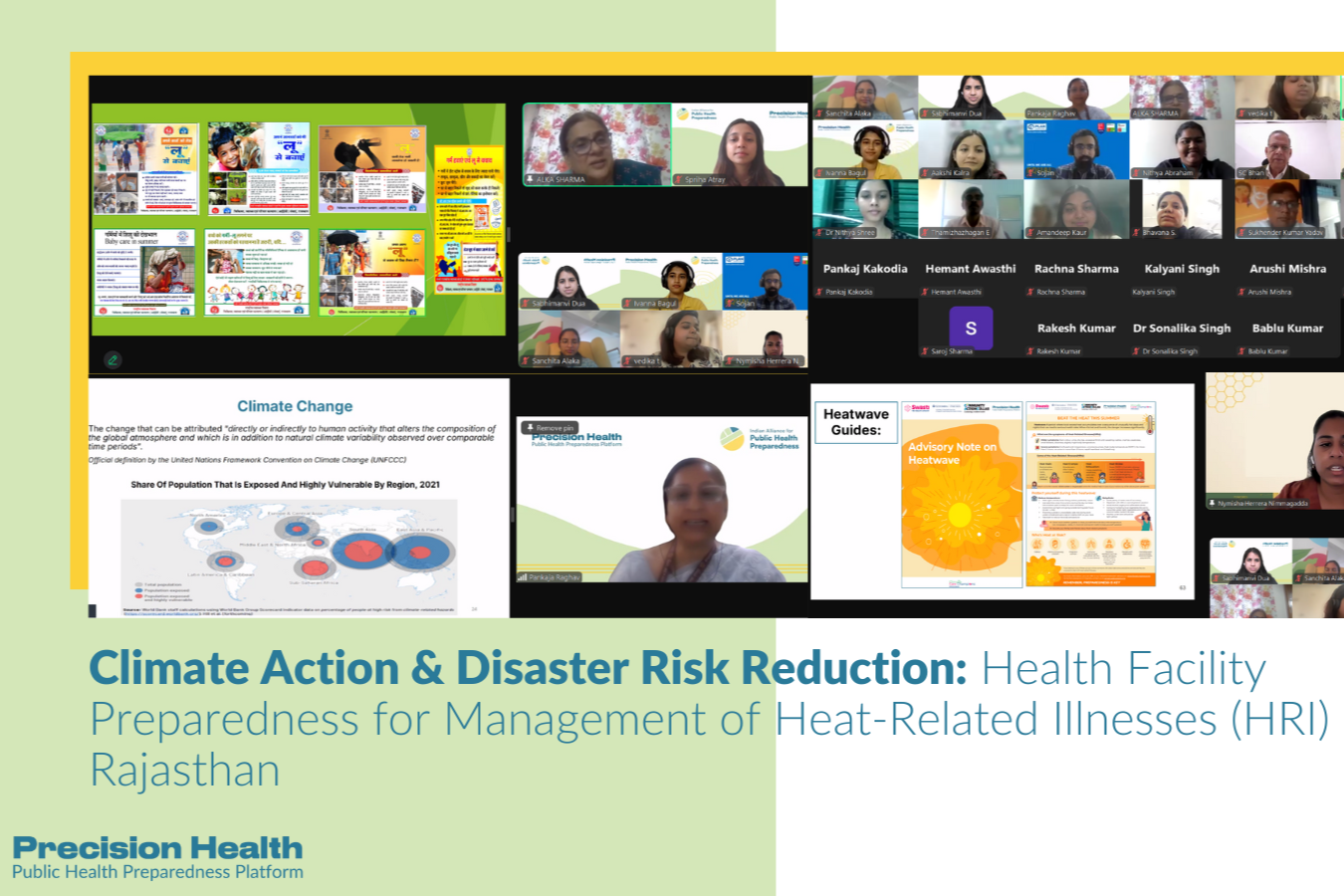The session highlighted the growing impact of climate change on health and education systems, particularly for children, underscoring the urgent need for climate-resilient and green schools. Through a clear explanation of ecosystem impacts and practical, actionable steps, the discussion outlined how institutions and individuals can contribute meaningfully to climate action. Real-world examples of sustainable school initiatives offered tangible models that can be adapted and replicated across diverse contexts.
Building a Better Tomorrow: Green Schools as Hubs for Climate Resilience and Health Equity
